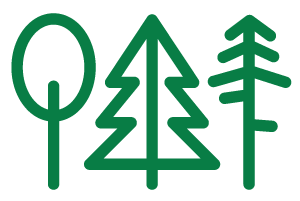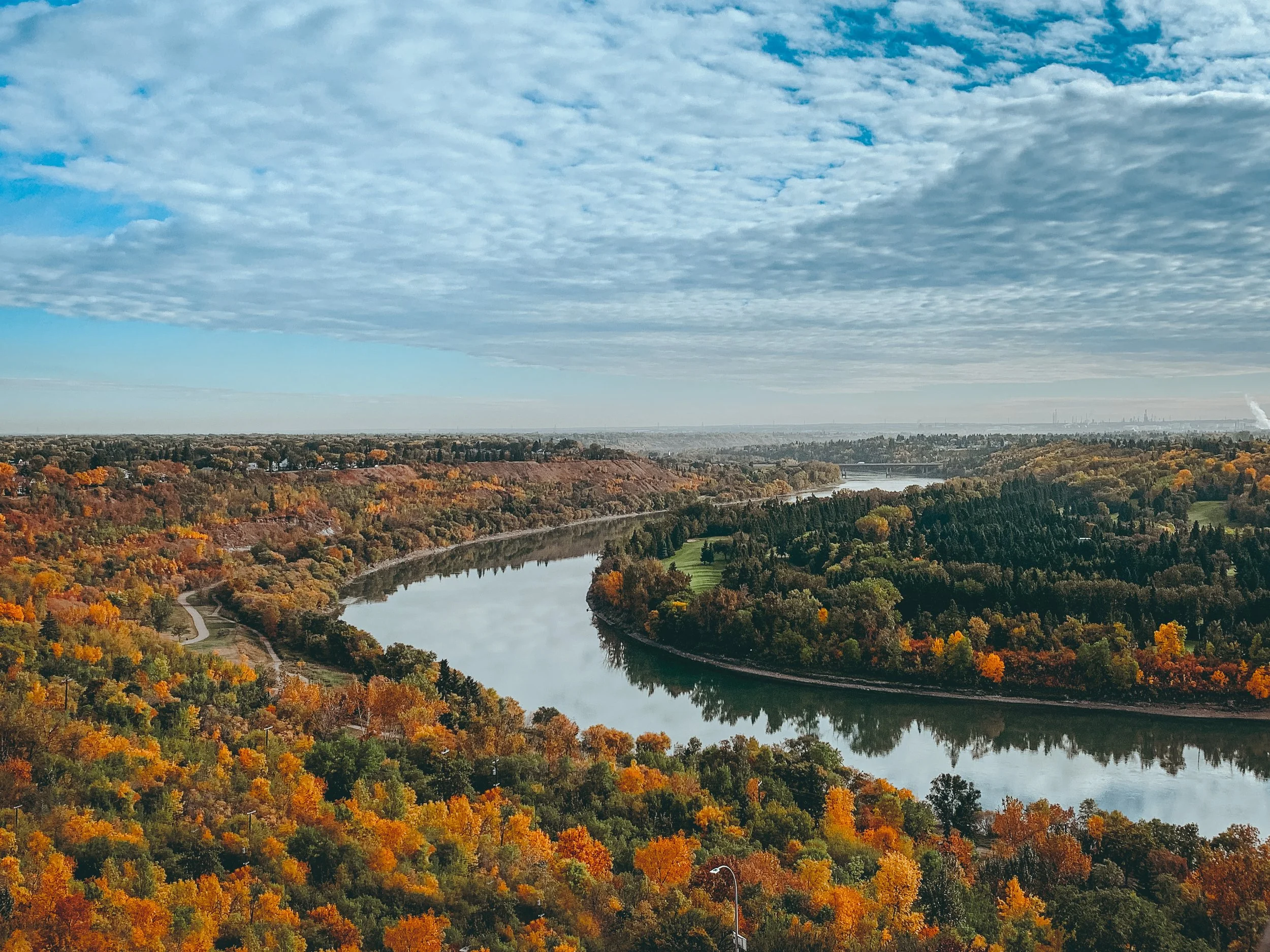Open Positions
Searching for Motivated Students!
For more information on the positions described below, please email Dr. Charles Nock at nock@ualberta.ca, with the subject line: “Interested in graduate positions in your lab”.
It would be helpful if you could include some information on your background, why you are interested in the position, a copy (unofficial) of your past transcripts, and a sample of your writing.
Summer Field Research Assistant - Boreal Tree Methane Project
Period: May 1 - August 31, 2026 | Location: Edmonton, AB (with significant travel around Alberta)
Join a research team studying tree methane dynamics in the boreal forest! Seeking students who are highly motivated to do fieldwork, and who have interest in forest biology and/or environmental science. This position will involve significant travel around northern Alberta for a full summer field campaign for (1) sampling methane flux from trees and (2) terrestrial laser scanning (LiDAR) of forest plots.
See the full job posting ^ and apply by emailing your cover letter and resume to boreal.fieldwork@gmail.com
Tree diversity, ecosystem function and forest resilience to drought (PhD, MSc opportunities)
Forests provide a multitude of essential services to humanity. Forest productivity has long been of interest due to the value of wood as a commodity, and more recently due to the central role of forests in the global carbon cycle. Enhanced productivity of mixtures of tree species, or overyielding, has often been linked to the complementary use of light or nutrients by tree species possessing different traits or characteristics. In particular, complementarity in mixtures of conifer (evergreen) and deciduous (broadleaf) species has been linked to overyielding in both managed forests and in field experiments.
As part of our ongoing research as members of TreeDivNet and the IDENT network, we are searching for students interested in conducting PhD, MSc research on a few key priority areas over the next five years. Students will leverage existing field experiments to investigate: (1) the influence of allometric uncertainty of tree biomass estimation on diversity effects, (2) the roles of spatial and temporal complementarity for overyielding in tree communities, and, (3) how diversity influences the resilience and temporal stability of community productivity.
Potential MSc research would utilize tree-ring and growth analysis of samples to be collected from an existing long-term experiment with aspen and spruce mixtures that is situated 1 hour east of Edmonton. PhD Research projects in most cases are planned to include fieldwork at multiple sites in collaboration with colleagues in the US, Canada and Germany (topics 1 & 2 above).
International Dual Degree Program
TRANSFOR-M
A Transatlantic Master program leading to dual degrees in Forestry, Environmental or Conservation Sciences. TRANSFOR-M combines a Master’s program at the University of Alberta with one of seven English-language Master's programs in Italy, Austria, Germany, UK, or Finland.
Each student will spend one year in Europe in an English-language Master program and one year in Canada. They prepare a thesis or research project is in the second year of their program. At the University of Alberta, participating students have the choice to focus on degrees in five general topic areas:
Our lab is also very interested in hosting students interested in pursing a research thesis topic related to forest ecology and management through the international dual degree program TRANSFOR-M. In the past we have hosted students from The University of Freiburg at U of A.
More information on the program, including eligibility and scholarships can be found here. If you are interested in the program and potentially topics we conduct research on, send us an email (nock at ualberta.ca)
Edmonton, Alberta
Edmonton is Canada’s most northern metropolis, boasting everything a big city has to offer, while also embracing the outdoors and offering plenty of opportunities for adventure.
Affordable housing, a diverse population, a large transit network, and a vibrant downtown make living and working in the city enjoyable and accessible for students and researchers.
For more information on living and working in Edmonton, visit Travel Alberta and the City of Edmonton websites.

